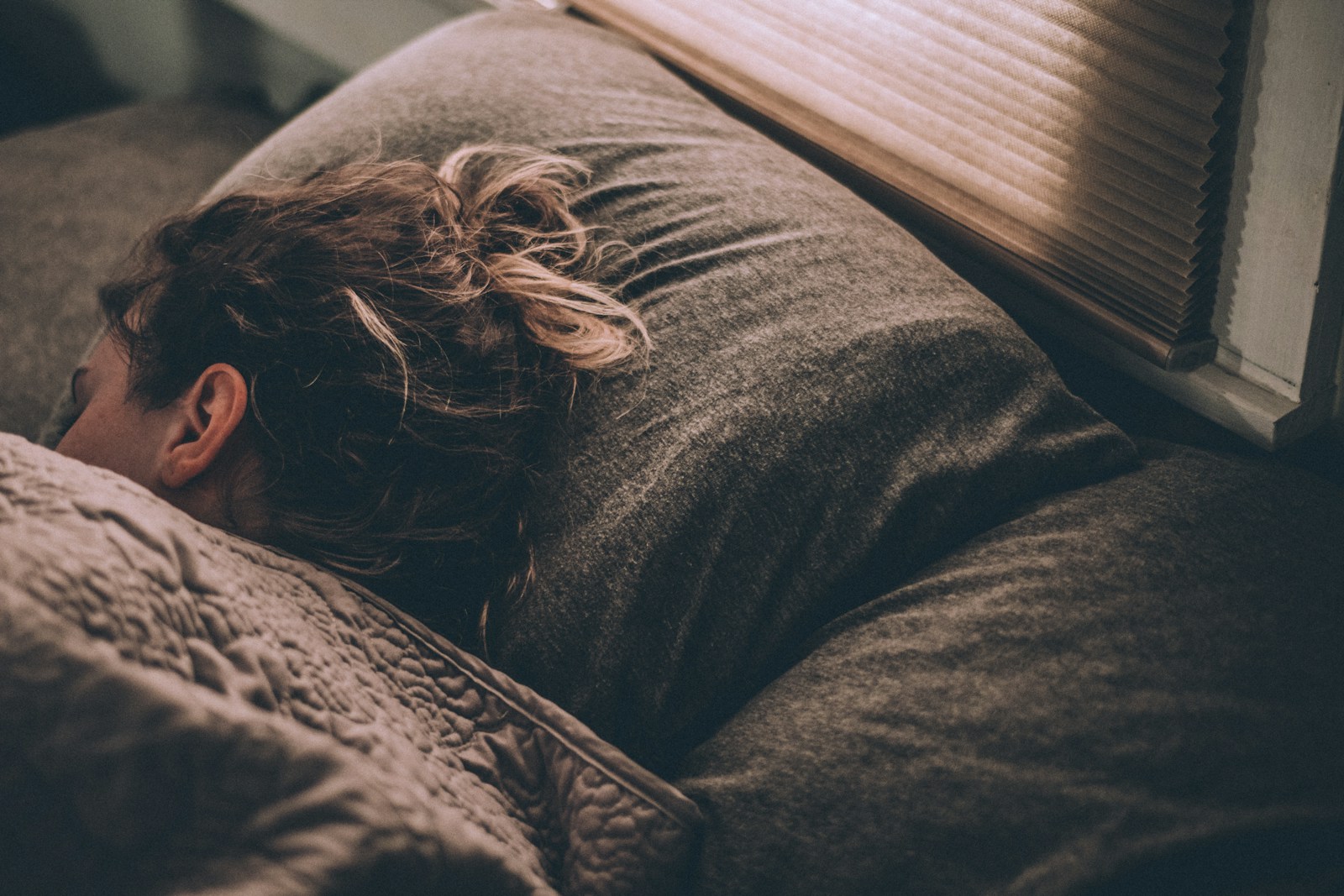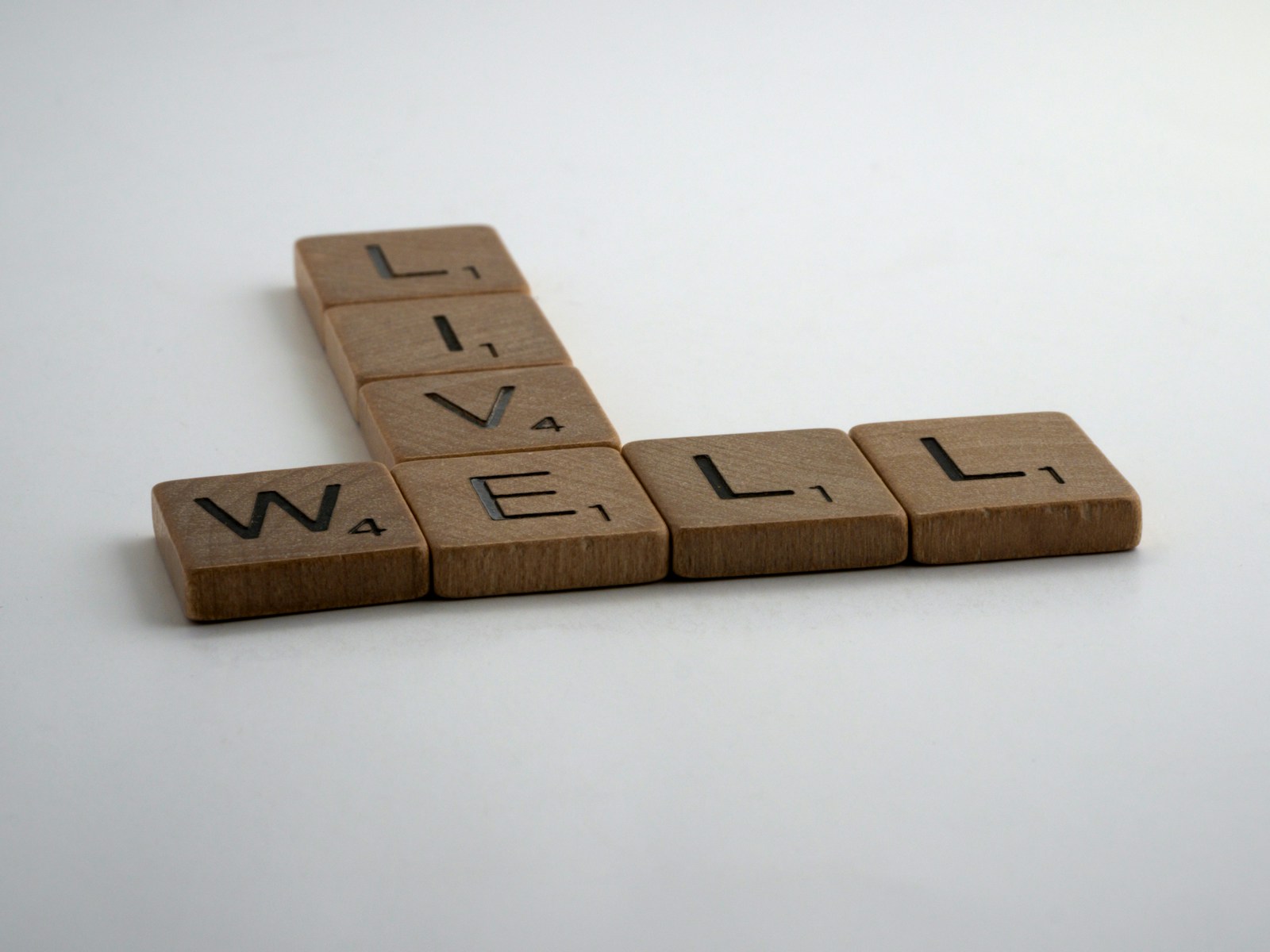Narcolepsy is a chronic neurological disorder that affects the brain’s ability to regulate sleep-wake cycles. People with narcolepsy often experience excessive daytime sleepiness and may involuntarily fall asleep during normal activities, which can significantly impact daily functioning. Key Symptoms of Narcolepsy: 1. **Excessive Daytime Sleepiness (EDS):** The most common and consistent symptom. Individuals may feel an overwhelming urge to sleep during the day, even after a full night’s rest. 2. **Cataplexy:** Sudden,...




